By
Michael Organ
Five free days of culture
UCL’s, (University College London), Festival of Culture returns this year with a programme set to showcase the rich diversity of world-class research led by staff and students in the Faculties of Arts & Humanities and Social & Historical Sciences.
From Monday 23rd to Friday 27th May, the Festival will showcase some of UCL’s award-winning research encompassed in over 80 free events with such enticing titles as Star Wars in the Classroom – Me and My Selfie – Shakespeare in Art – Urban Wellbeing – The Anthropology of Social Media – Visualising Time – Beatrix Potter’s London – Britain’s Forgotten Slave Owners – Soho Remapped – Queer Wars – Rethinking the Teen Movie – Russia’s New Rich – The Ethics of Fighting ISIS – The EU Referendum – Walking Tours of Bloomsbury – Death Masks – The Battle for the US Constitution – Shardology and many more.
Below are further details on some of the free events the Festival offers, all of which can be booked by clicking on the individual link or at the Festival’s website where all 80+ events are listed.
Russia’s New Rich and their Attitudes to the West
Alexander Nemenov
Putin’s nostalgic conservatism and his rhetoric of raising Russia’s lost international power status found a receptive national audience from the early 2000s. Patriotism has now permeated social values and norms. Upper-class Russians have enthusiastically adopted the narratives of Russia as unique and superior to the West. Despite these views, many of them established their second lives in the West long ago, and the numbers of well-off émigrés following suit has soared. This talk considers rich Russians’ difficult relationship with the West, London as the destination city favoured by affluent émigrés and why many Russians think that their culture morally and intellectually outshines all others.
Why We Post: The Anthropology of Social Media
Why do we post on social media? Is it true that we are replacing face-to-face relationships with on-screen life? Are we becoming more narcissistic with the rise of selfies? Does social media create or suppress political action, destroy privacy or become the only way to sell something? This talk will explore the uses and consequences of social media for people around the world, based on the work of anthropologists who spent 15 months in places such as a factory town in China, a mining town in northern Brazil, and a politically volatile town on the Syrian-Turkish border.
Why We Post is a global anthropological research project on the uses and consequences of social media. It recently launched a series of open access books, and has its own free online course (MOOC) in English, Chinese, Italian, Hindi, Portuguese, Spanish, Tamil and Turkish.
The EU Referendum: Cultural Perspectives
This panel event will consider the role of the EU and the upcoming UK-EU referendum from a number of different perspectives – cultural, historical, and political, among others. We will be joined by Simon Smits, the Dutch Ambassador to the United Kingdom and formerly the Director-General for Foreign Economic Relations in The Hague. The event will follow a ‘Question Time’ style format, with opportunity for audience questions and discussion.
The Battle for the US Constitution
The Fourteenth Amendment is the keystone of the US Constitution. Without it the history of modern America, the very idea of an American citizen, makes no sense. So why is a growing movement in America fighting to have it repealed? The answer lies in an amazing story of unintended consequences.
Does Torture Prevention Work?
This session will highlight recent advances in scholarship on the factors that contribute to reducing the risk of torture and other ill-treatment, by drawing on insights from Latin America. The region of Latin America is an especially instructive domain for evaluating the phenomena of torture over time. Many countries in the region have emerged from protracted periods of authoritarian rule, armed conflict and systematic human rights violations over the past 30 years, including the widespread use of torture. The legacy effects of gross human rights violations continue to resonate powerfully among the new democracies in Latin America. Compared to other regions of the world, Latin America displays a robust record of ratification of relevant international instruments in the area of torture prevention. However, the prevalence of torture in contemporary Latin America remains alarmingly high.
Star Wars in the Classroom
Jorge Perez Higuera
Classrooms are places where stories are being told. Stories about the scientific facts and laws of nature that make sense of the inanimate universe around us. But also stories about choices that human beings make when they interact with one another economically, politically or socially. Star Wars is a story told by humans about how economic, political and social agents and institutions interact, make choices, rise to certain occasions and fall as a result of others. This session is about how we can use a story, like Star Wars, to tell our own stories in our classes, about what we can learn from such a story and why we should be looking into this at all.
Ancient Rome in Silent Cinema
The Last Days of Pompeii (1913)
Hollywood has released a number of big-budget films set in antiquity, yet cinema has been fascinated with the ancient world and with Roman history in particular ever since it emerged as a new technology more than 100 years ago. Within a few months of the first public shows of moving images held in 1896, Nero was brought onto the screen trying out poisons on his slaves. The persistent presence of ancient Rome in early cinema raises important questions. Why did so modern a medium as cinema have so strong an interest in classical antiquity right from its start? What did ancient Rome do for cinema? And what did cinema do for ancient Rome?
The Right to Health/Madness in Society
Health humanities explore the place of health and illness in society, and how the humanities and social sciences may be brought to bear on biomedicine, clinical practice, the politics of health care, and the portrayal of health and illness in literature, film and contemporary culture. This session will explore two key sets of issues relating to health in modern society, firstly: ethical and political questions about the role of the state in protecting and promoting health. We will also consider how historical conceptions and practices of madness and psycho-emotional disorder shape contemporary notions of well-being and identity.
Britain’s Forgotten Slave Owners
Colonial slavery shaped modern Britain, and we all still live with its legacies. In 1833 Parliament finally abolished slavery, and Britain paid £20million (worth £17bn today) to 46,000 slave-owners for the loss of their ‘property’. Records of this period remained untouched for nearly 200 years, but UCL’s History’s Legacies of British Slave-Ownership project has examined them to reveal the extent and the limits of slavery’s role in shaping British history. This project won the History Today Digital History Prize 2016, and was the subject of BBC2’s Britain’s Forgotten Slave-owners in 2015, which received the Royal Historical Society’s Public History Prize for Broadcasting and has been nominated for a BAFTA award for specialist factual television (May 2016).This session will provide insights into the project and into putting history on television, using excerpts from the programmes to represent and reflect upon this controversial period of British history – and its legacies.
Democratic Cultures and Charisma
In South Asia, ‘gangster politicians’ and their ‘mafias’ have become objects of fear, admiration and fantasy. The talk illustrates what it means to conduct a collaborative ethnography on crime and politics across the subcontinent; it highlights how powerful ‘criminal’ heroic figures are made and how bosses rule de facto on the ground. Analytically it engages with classical anthropological debates around the figure of ‘the big man’, charisma and democratic sovereignty.
Street Art is a Period. Period!
Milos Bicanski
This session will argue that Street Art is an artistic Period, a practice that has now come to the end of its innovational lifespan. Exploring the classificatory confusion that has now enveloped it, terminological boundaries having been modified so much from above to now include practices radically other to its original intent, Dr Rafael Schacter will examine both what Street Art was and what it is now, emphasising the inadequacy of the term today. Coming latterly to explore what lies at the avant-garde of contemporary Graffiti and Street Art practice, Rafael will establish a new term – Intermural Art – a neologism that seeks to describe the most progressive work emergent from this artistic milieu today.
The Culture Wars and the 2016 US Presidential Election
Recent events such as the 2015 Obergefell v. Hodges Supreme Court decision to legalise gay marriage, the lowering of the Confederate flag at the State Capitol in Charleston, South Carolina, and the death of arch-conservative Justice Antonin Scalia have highlighted the continuing importance of debates about race, gender, sexuality, religion and national identity in American political culture. As Hillary Clinton and Donald Trump emerge as the likely nominees of their parties for the 2016 presidential election, how have these “culture wars” issues impacted their respective candidacies, and what bearing might they have on the final polls? This talk will provide insight into the state of US politics and society in what promises to be both a turbulent and a pivotal election cycle.
Cities After Hours Film Screening: I, Anna
The film director Barnaby Southcombe will present his feature film I, Anna (2012), a noir thriller set in London, followed by a question and answer session with the audience. This screening of the film based on Elsa Lewin’s novel of the same name, follows the Cities After Hours colloquium which takes place earlier in the day.
How Machiavellian Was Machiavelli?
The adjective Machiavellian, according to the OED, means “cunning, scheming and unscrupulous,” and is regularly applied to political figures, most recently George Osbourne. Yet can it be applied to Niccolò Machiavelli himself? This session will look at key passages from his most famous work, The Prince (written in 1513), to see whether the advice Machiavelli gave to new rulers truly was as devious and immoral as contemporaries believed. It will examine in particular the classical and Renaissance contexts of Machiavelli’s thought to ascertain just how far he deviated from the ethical standards of his day, and why his name has become synonymous with political machinations.
The Rt Hon Jack Straw on Turkey and Iraq
Rt Hon Jack Straw was Foreign Secretary 2001 to 2006, Home Secretary 1997 to 2001, and Leader of the Commons 2006 to 2007 under Prime Minister Tony Blair. He was Lord Chancellor and Justice Secretary 2007 to 2010 under Prime Minister Gordon Brown. He served from 1979 to 2015 as Member of Parliament for Blackburn.
As Home Secretary Jack oversaw the introduction of the Freedom of Information Act and the incorporation of the European Convention on Human Rights into British law. As Foreign Secretary he played a leading role in the foreign policy problems arising from the 9/11 terrorist attacks in New York and the resulting interventions in Afghanistan and Iraq.
Jack is a Visiting Professor at UCL’s School of Public Policy. He is co-Chairman of the government-sponsored British-Turkish Forum, and the annual Tatlidil conference between the UK and Turkey. He was given the Order of the Republic of Turkey in 2012.
Remembrance, Trauma, and War
Remembrance – the ritualised, institutionalised act of recollection and reflection – is often tied to material objects – to monuments, statues, and plaques. What is lost in rooting shared acts of cultural remembering to objects which are materially inanimate, but which embody living historical and political resonances? And what can be gained by examining the ritual of remembrance, especially when it is tied to the psychical, political, and historical consequences of war.
These questions and more are the catalyst for this event which takes an imaginary trip through London and back through time. Setting off from a bandstand in Regent’s Park, this talk weaves between the history of terrorism in London, Mrs Dalloway, the philosophy of Friedrich Nietzsche, and concludes in UCL’s Museum Collections, to ask how acts of remembrance can both drown out and amplify a host of important voices, both historical and contemporary.
Extraordinary Renditions: Eastern Europe
Edmund Clark – Abu Salim prison, Libya
An ‘extraordinary rendition’ is the transfer of an individual between countries for the purposes of interrogation. It is an extra-judicial act, and uses methods which do not align with international standards. It often involves a detainee being subject to ill-treatment or torture.
Photographer Edmund Clark and the investigative journalist Crofton Black are the authors of Negative Publicity – a new book about extraordinary rendition. They will discuss their research into extraordinary rendition sites around the world, focusing on East European sites and how they connect to the global network of ‘rendition hubs’, including Afghanistan, Libya and Guantanamo. Clark and Black collected a vast number of images and documents which reveal the treatment to which detainees were subjected, and the intricate but haphazard network of state and private bodies that the process of extraordinary rendition is outsourced to.
The Ethics of Fighting ISIS
In the wake of the recent attacks in Brussels, citizens of Western democracies are demanding that their governments take aggressive action to stop terrorism. At the same time, citizens balked at Donald Trump’s recent suggestion that the families of suspected terrorists ought to be killed. These reactions betray a divided mind on the issue of preventing terror attacks. On the one hand, we want the state to do whatever it takes to keep us safe. On the other hand, we recognize that there are certain moral limits to what it may do—that even if killing terrorists’ children made us safer, we shouldn’t do it.
Long-Form Essays in a Digital Age (One Day in the City)
This is a rare and exciting opportunity to hear Mary-Kay Wilmers, editor of the London Review of Books for almost 25 years, discuss the role of long-form essays with one of the UK’s most established essayists – Andrew O’Hagan. Joining Mary-Kay and Andrew in the discussion are Ben Eastham, co-founder and editor of the quarterly arts journal, The White Review, and Sarah Howe, founder and editor of Prac Crit, an online journal of poetry and criticism.
Tom McCarthy: Space, Data, and the Death Drive (One Day in the City)
Tom McCarthy is a novelist and artist whose first two novels, Remainder and Men In Space, were published internationally to much acclaim. Remainder, winner of the Believer Prize 2008, has been adapted for film by FILM 4, and his novel C was shortlisted for the Man Booker Prize in 2010 and went on to win the Win Windham-Campbell award in 2013. His latest novel, 2015’s Satin Island, was shortlisted for the Man Booker Prize and for the Goldsmith Prize. Tom is also known for the reports, manifestos and media interventions that he has made as General Secretary of the International Necronautical Society (INS), a semi-fictitious avant-garde network.
The UCL Festival of Culture 2016 runs from Monday 23 May to Friday 27 May with over 80 free events to attend, all of which can be booked at the Festival’s website.


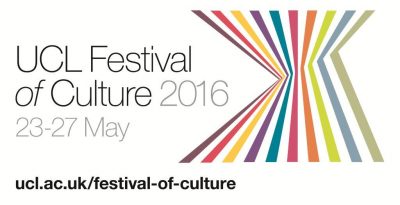

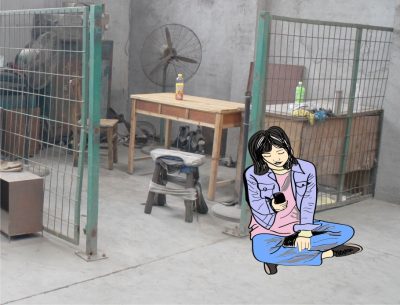



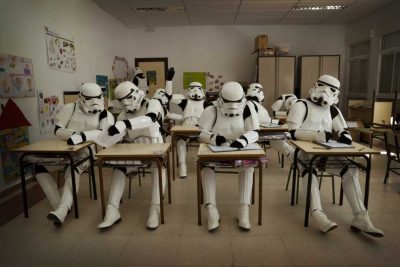
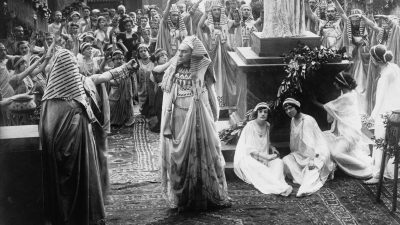
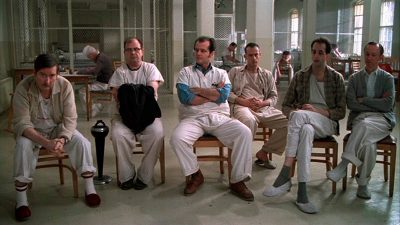
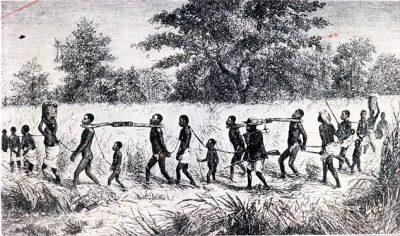
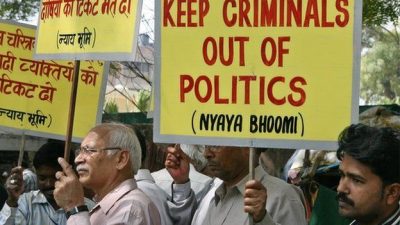
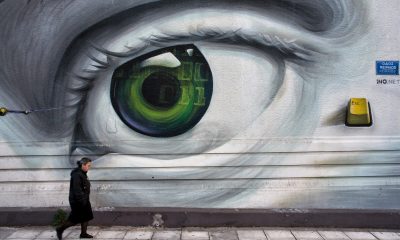

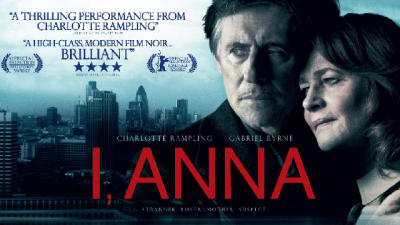


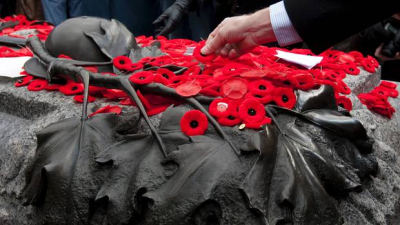
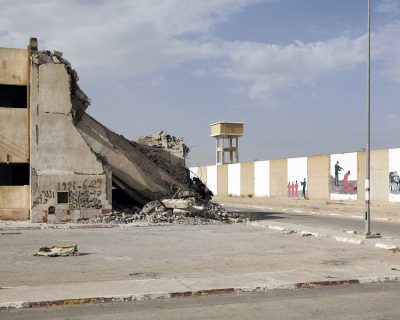

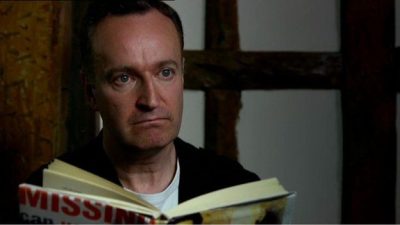
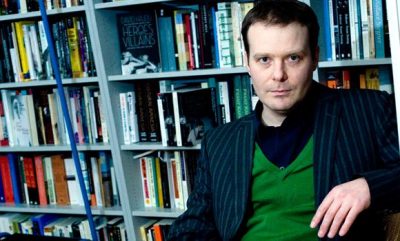

No Comments Yet!
You can be first to comment this post!